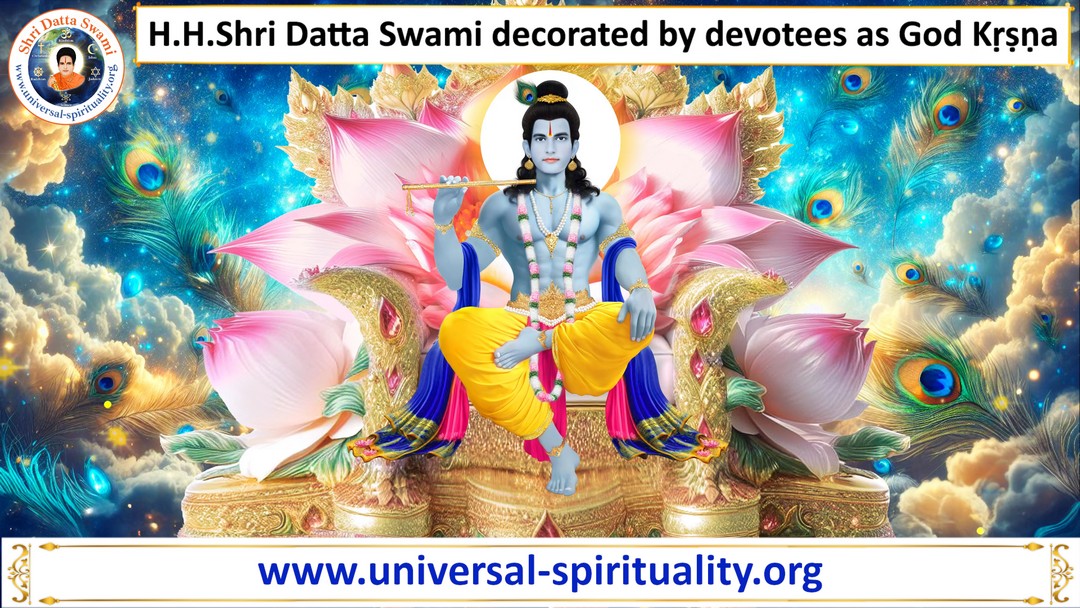
18 Aug 2024
[Ms. Thrylokya asked:- I read a shloka in Gita, which says that if anybody has no intention in the beginning, his action is burnt by his knowledge and such a devotee only is a real scholar. What is the logic in this statement?]
Swami replied:- If anybody starts to do a work, he/she must have the intention for the result. But here, it is said that you must not have intention. If intention is absent, the work cannot be started at all. For the sake of work, simple intention is sufficient. Here, the intensified intention is denied. It means that you shall not constantly worry about the intention only so that you will spend all your energy in the intention and end up having no energy to do the work, due to which you will utterly fail in the work.
Intention is related to awareness that yields the result whereas the action is inert that cannot produce any fruit. Even though the inert action is one and the same between a father hugging and kissing his daughter and a rapist hugging and kissing the same lady, the purity of intention in the first case brings appreciation and the impurity in the second case brings punishment. Similarly, Gopikas danced with God Krishna due to their devotion to God and not due to hormonal lust. Moreover, God Krishna is acting as an examiner to test the bond with spouse (this is also the test for crossing the justice for the sake of God in Mahaa Nivrutti) when the bond with God competes with it. The examiner has to dance as per the procedure of the test and we cannot superimpose hormonal lust either on God or on the sages born as Gopikas. In olden times, when female doctors were not available, the male doctor used to deliver the child from the womb of the pregnant woman. Here, you cannot attribute romance to the doctor, who has to touch the private part of the woman during delivery. His intention is only on the easy delivery of the child. Hence, mere inert action cannot give the result since the non-inert intention related to awareness can only yield the fruit. This verse (Yasya sarve samārambhāḥ… Gita) means that the scholar of spiritual knowledge always burns the action and its fruit by not having any bad desire (kaama) in the intention (samkalpa).

★ ★ ★ ★ ★